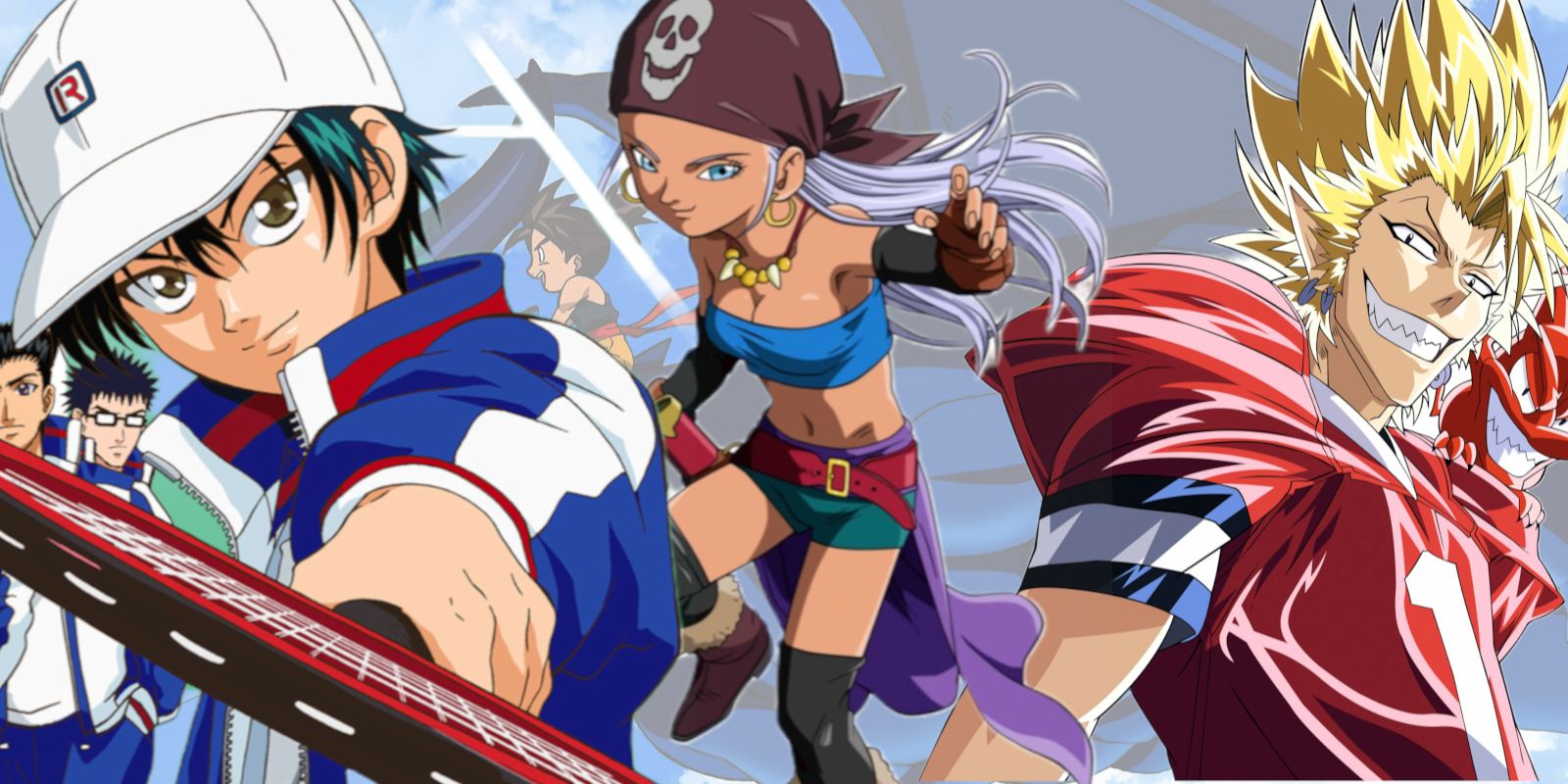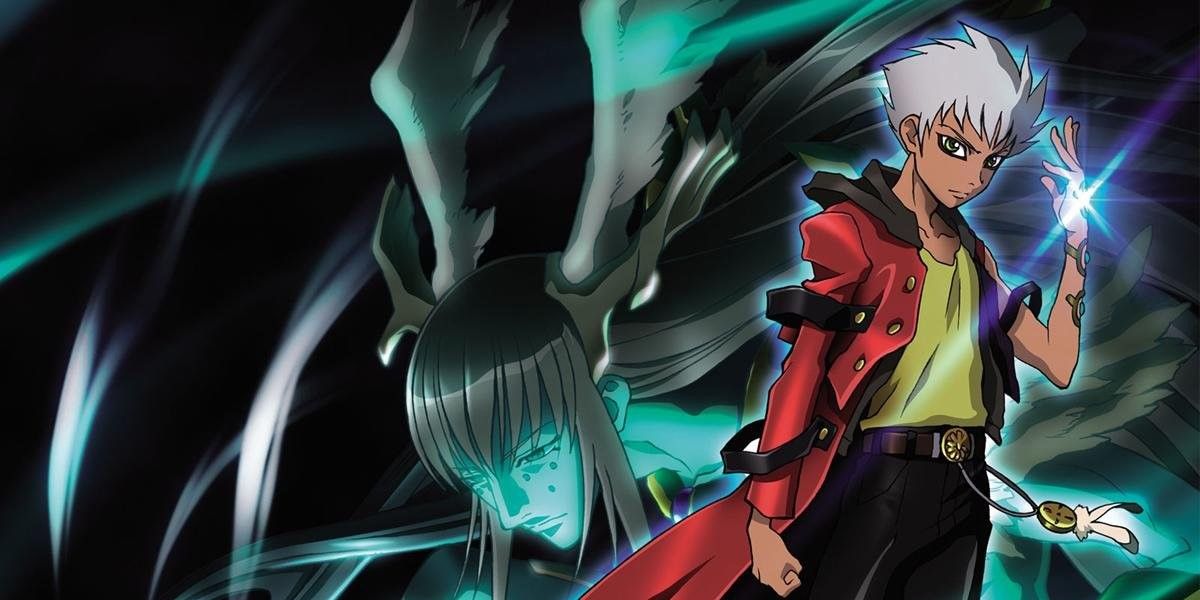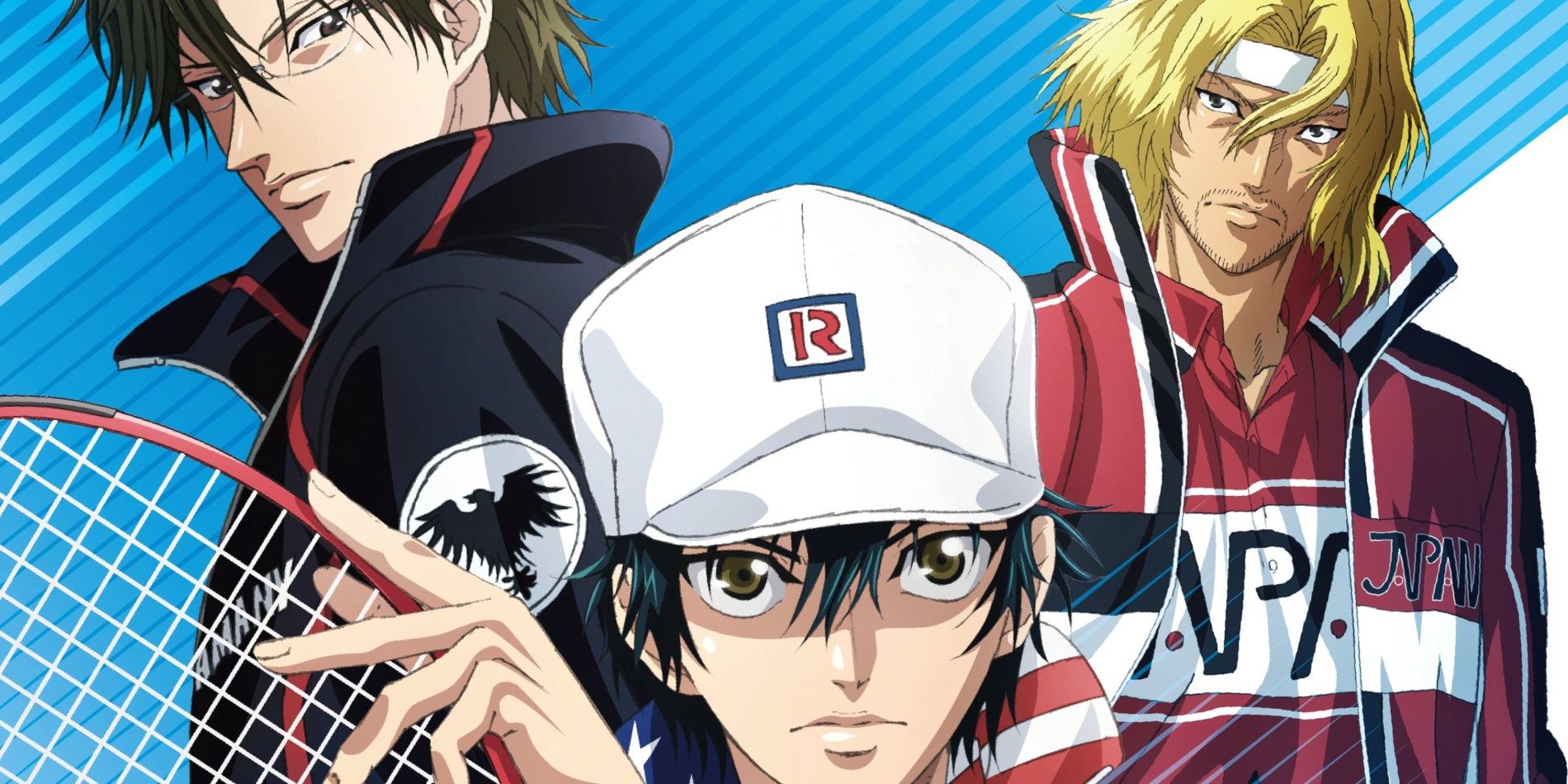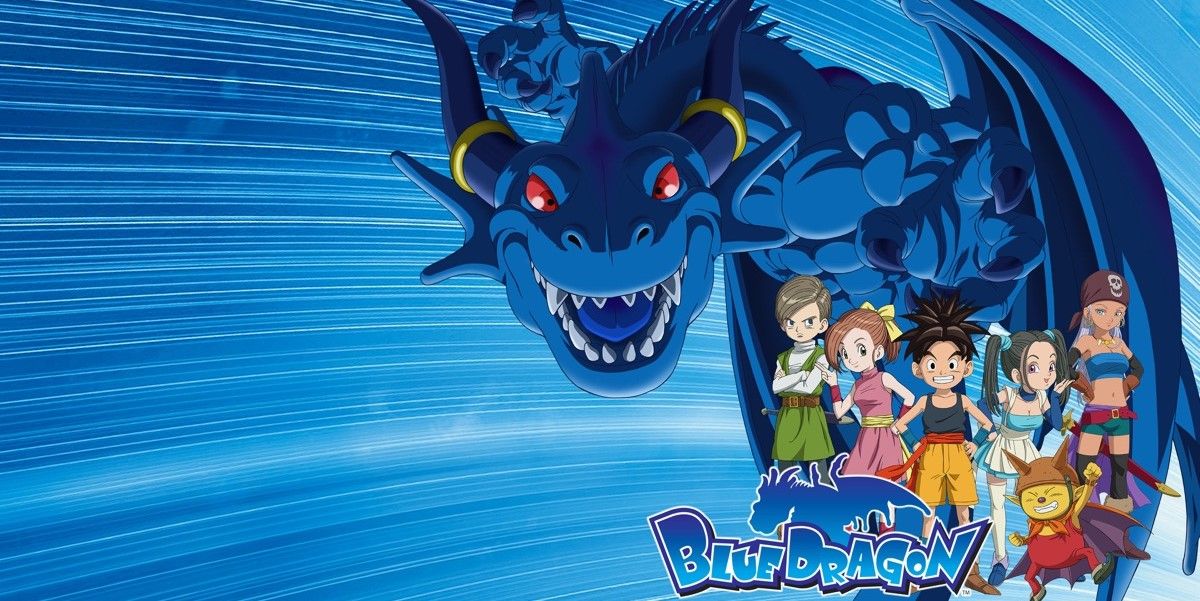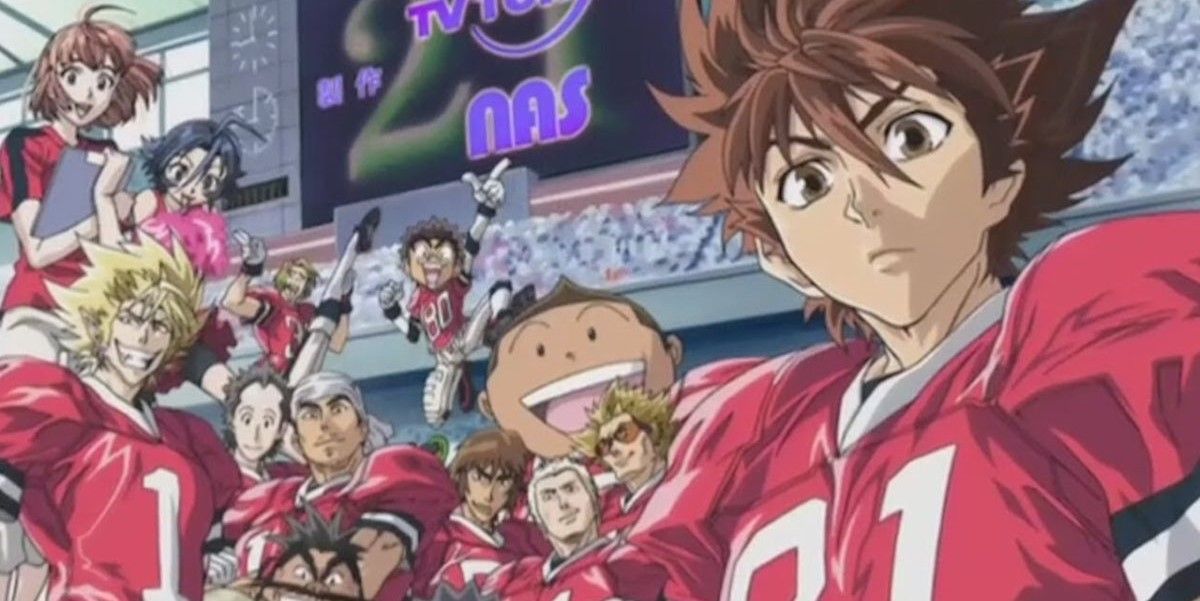As anime gained solid footing with American audiences through multiple successful programming blocks, networks began to expand their offerings by testing streaming shows or other alternate options. Before streaming was commonplace, the interfaces and sites offering the service were only sometimes user-friendly. While Toonami Jetstream may have gone overlooked and undercooked, it housed many anime gems that never saw their time on cable.
The late 1990s and 2000s saw enough growth in American anime fans to begin experimenting with genres and lesser-known series, bringing a broad array of series stateside. In addition, a refreshing surge of sports, slice-of-life and other anime genres broadened America's options. Jetstream's impact may have been small, but it was bright because of series like Eyeshield 21 and Prince of Tennis while it tried to hit the mainstream audiences with Kiba and Blue Dragon.
A Genre-Bending Isekai Equipped With JoJos Stands
In an attempt to tick all the boxes, Kiba overstretched and struggled to hit the landing. Blending genres and taking inspiration from multiple realms of anime, Kiba contained enjoyable concepts and designs that felt familiar but unique. The isekai element of Kiba carried a lot of potential, as the dystopian sci-fi setting of the natural world felt ripe for more development.
Zed, a white-haired, red-cloaked young man who never does well, finds himself transported from a macabre sci-fi setting to a vibrant fantasy world with warring nations and weird summoning powers using these magical shards. The creatures summoned with the shards vastly vary in skills and sizes, echoing JoJo's stands with a touch of Shaman King magic. Zed unwillingly becomes the hero as the troubles of his new world quickly overtake his life. The cast is predictable, even in their intended subversions, but realized enough throughout the show's tenure that they fill their roles satisfactorily.
Kiba is worth checking out for its entertaining fights, fun genre-bending and decent pacing. The plot feels overly diluted due to ham-fisted elements and predictable or repetitive twists and mysteries, but it moves at a good pace and makes for an enjoyable watch. Solid design choices and a captivating soundtrack keep the show moving.
Tennis Never Looked So Good
Sports anime have been around for decades, yet it took until recently for them to gain traction stateside. On paper, Prince of Tennis sounds formulaic and predictable, but the execution and emotion of the show make it memorable. Gorgeous art, immersive visual metaphors and a fantastic cast have firmly placed The Prince of Tennis as one of the finest sports anime of all time.
Arriving in Japan from America, Ryouma Echizen makes a significant impact with an extensive and impressive record in tennis. His diverse skills allow him to thrive against multitudes of challenges. Prince of Tennis' massive cast is one of its greatest strengths, as the rivals and teammates span an enormous range of archetypes. As a result, there is a character that will connect with or provoke a rise in any viewer.
Prince of Tennis stands alongside modern classics like Haikyuu as a sports anime that transcends the genre thanks to brilliant characters giving the story emotional weight. At the same time, the expansive journey of Prince of Tennis feels seamless, like the finest shows in the genre. It still stands the test of time and should be brought back into the limelight as a long-running, passionate sports drama.
Toriyama-Style Fantasy With Monster Companions
Meshing Dragon Quest, Dragon Ball Z and Digimon into one chaotic, whimsical adventure may seem a bit much, but it made Blue Dragon a memorable and unconventional ride. Shu's tale may not be perfect, but it's charming and well worth checking out. In addition, the familiarity with the art style and the derivative world feels comfortable.
Upon leaving his village, Shu, the joyful, naive and strong young lead, quickly meets the show-stealing Zola, learning about and gaining access to the world's magic powers. Fitting of the shonen genre, Shu receives the mighty Shadow, Blue Dragon, as his magical aid in finding and defeating the enemy. The antagonists and supporting cast will feel familiar but fitting, and fans of Chrono Trigger or Dragon Quest will enjoy a few similarities. Blue Dragon is not a game-changing, pack-leading shonen show, but it's fun and takes its cues from many classics. As a pleasant and colorful background anime, Blue Dragon is ideal -- a junk food adventure anime to fill the quiet background while working.
Japan Scored a Touchdown When Animating American Football
When discussing sports anime, often-overlooked classics like Slam Dunk or Ashita no Joe are commonly brought up. Eyeshield 21 is in the upper echelon of overlooked sports anime for its exciting action and powerful cast. The gradual rise of Sena Kobayakawa and his team is an ideal underdog tale. Eyeshield 21's cast is rich and captivating, and the characters' challenges and successes resound deeply after only a short time with them. Watching Sena confront gigantic players with his lightning speed and reflexes is exhilarating. His teammate, the crass and proud quarterback Hiruma, perfectly contrasts Sena's genuine nature. While they operate differently, their impressive ambitions help Deimon High School find continued success.
The supporting cast for Eyeshield 21 is among the finest in the medium. Characters never feel wasted and generally impact one another in ways that feel earned or appropriate. Eyeshield 21 feels like a love letter to the sport, and the show exemplifies the underdog overcoming a Goliath competition theme. The tournament setting only adds to the experience, as there is an end goal in sight but a visible increase in challengers to obtain it.
Most of the shows relegated to streaming hailed from less popular genres. The quality of the shows on these services varied, as it was still a blossoming concept. Toonami and Cartoon Network did a fine job of finding gems to bring stateside but played it relatively safe even with less-than-perfect shows like Kiba or Blue Dragon. They could have gambled more on Prince of Tennis or Eyeshield 21, as both overcome their genre limitations to become modern classics.

